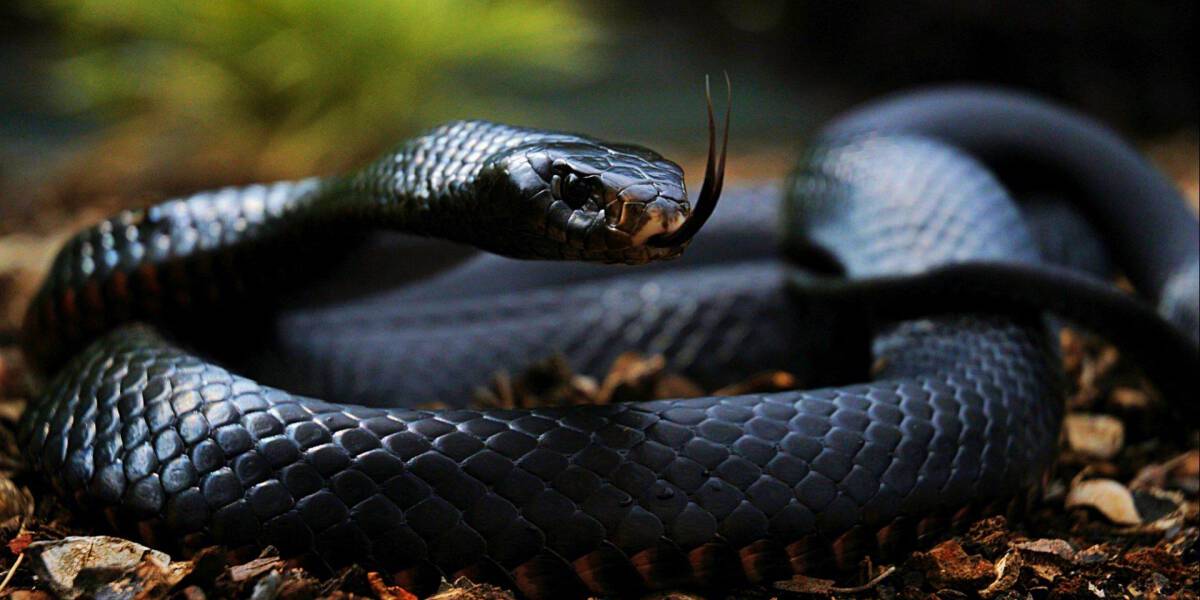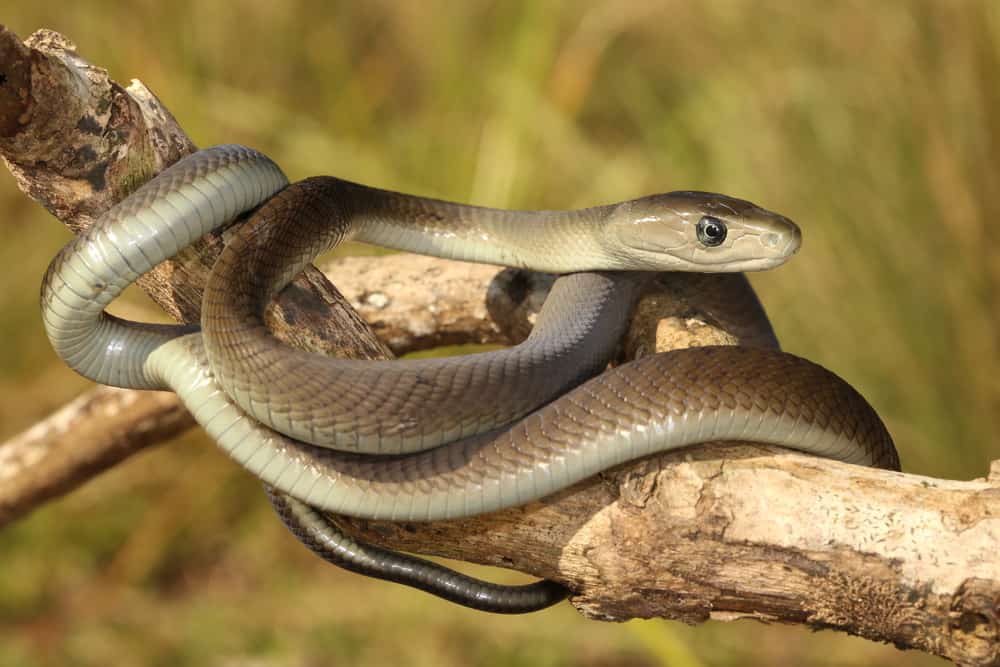When you think about dangerous animals, everyone thinks of two different types. Often, we think about those bigger than we are or those that just happen to be of the bigger variety like bears. Meanwhile, the rest of us think about the most venomous animals on the planet. Most of those can kill us much faster than even some larger animals. We often overlook this, but it’s to our own peril. Funny enough, most of these venomous animals are actually pretty small. Others pack venom in them that we do not even realize. The worst of these animals may very well be those that have venom that does not kill but can mess people up. Sometimes just one bite can put you into pain that lasts for weeks to years.
Others pack so much venom that it causes an infection. This can be enough to make some arms and legs be removed to save the rest of the body. In some others, severe nerve damage comes into play as well as muscle and tendon damage. This can make arms, legs, or certain areas of the body almost obsolete. All of it can be caused by just one bite or sting. Some of these animals are unknown or we may see them all the time yet do not fear them enough. That will come to an end very soon, as you see what each of these animals can do. Not all of these animals will cause death in those that they attack, but they all will cause pain. Whether you’re trying to prevent pain, long-term damage to your body, or save your own life. Each of these venomous animals should be feared!
Black Mamba

- Venom Type: Neurotoxin
- Typical Kill Time: Within 1 Hour
The Kobe Bryant of snakes, the Black Mamba is notable for its aggression and the speed of its venom killing. They have now become the most feared snake in Africa, with most bites becoming fatal in humans. It seems local tribal people die the most from them, likely due to not getting medical attention in time.

Their venom is a vicious neurotoxin that can take 10 minutes or less to affect people. Even bigger adults see symptoms really quickly. This venom is very fatal and can kill humans in an hour, with many taking less than 30 minutes to do so. Even when antivenom is administered, some side effects can go on for months.
